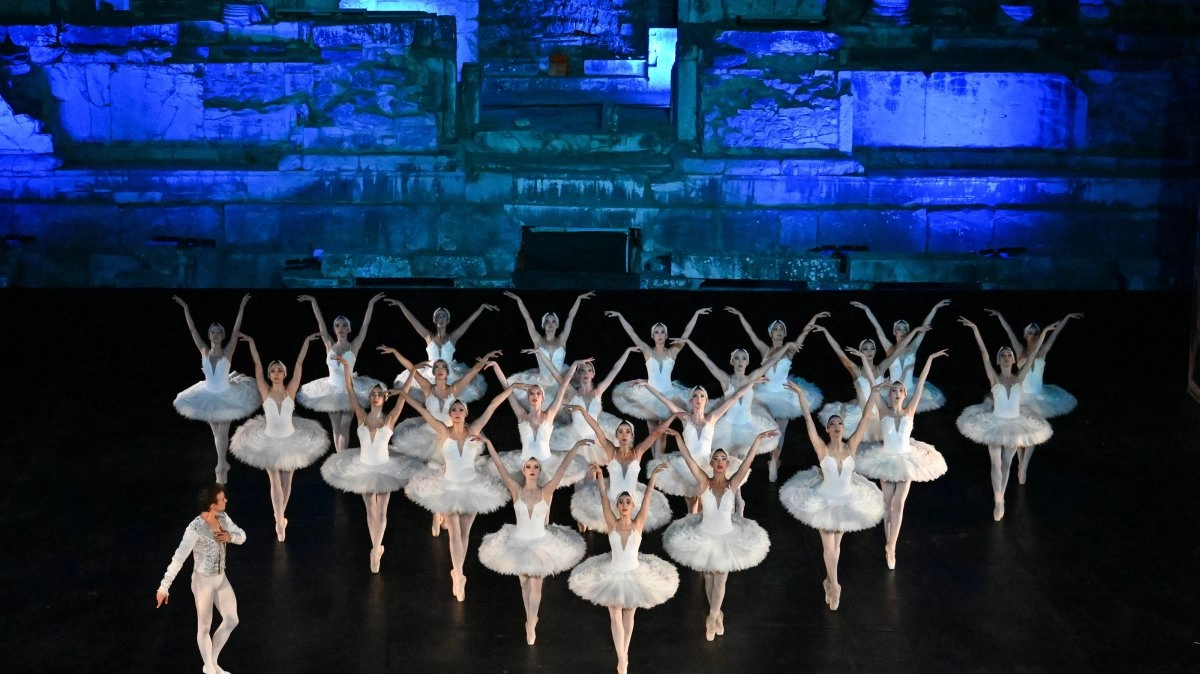Amidst the marble columns and ageless stone of Türkiye's most famous archaeological treasure, another type of history is being forged. Each summer, the Ephesus Opera and Ballet Festival turns this ancient Greek theater into a platform for some of the world's most stirring performances—spanning millennia with song, drama, and a dash of Mediterranean magic.
A Theater That Still Speaks
Ephesus is no ordinary ruin. One of the world's best-preserved Greco-Roman cities, it lies in western Türkiye near İzmir. While most touristscome to gawk at its famed Library of Celsus or walk the marble-paved Curetes Street, those lucky enough to attend the opera festival experience something that few ever forget: the pure power of the human voice flying through stone seats excavated over 2,000 years ago.
Half of the ancient theatre is now accessible to the public due to restoration efforts, but that has not stopped thousands of culture lovers from flocking to the site each summer. In spite of being half, the atmosphere is nothing short of electrifying.
La Traviata Under the Stars
This year’s highlight was Verdi’s La Traviata, performed by the Samsun State Opera and Ballet. The tragic story of Violetta and Alfredo unfolded under the open night sky, accompanied by the gentle chorus of cicadas and the occasional bark from a nearby dog—reminding us that this is a living landscape, not just a relic of the past.
Without a roof to contain and reflect the sound, each note flew off into the night, dissolving into the air. It's a very different kind of listening from that of modern opera houses. The vulnerability of the voice, exposed to the elements, adds a haunting beauty to the performance.
An Opera for the Ages—and the Present
There's something deeply poetic in watching La Traviata—a 19th-century Parisian tale of tragic love—being performed in a theatre that once rang out with the tragedies of Euripides and Sophocles. And the production ran with this juxtaposition. A silent, unnamed character followed Violetta throughout the opera as a manifestation of her inner turmoil—a modernist flourish that felt appropriate in such an ancient venue.
As Violetta's final notes faded into the night and her character surrendered to her fate, the audience was left breathless. Stars began to twinkle in the heavens above. The drama on the stage mirrored the eternal cycles of love, loss, and rebirth written in the universe.
Beyond Entertainment: A Cultural Mission
The Turkish Ministry of Culture has wisely placed these performances within a broader effort to restore and reimagine historical space. By holding concerts and operas at sites like Ephesus, they're not only bringing new generations into classical music, but also giving newmeaning to the country's archaeological legacy.
And it's working. What was a dead ruin at dusk now buzzes with life. Locals and international travelers are making the trip—not just to see the ruins, but to see them come to life.
Final Thoughts: Ephesus Sings Again
Ephesus does not need imagination to tell its stories—it has the stones, the quiet, and now the music. The opera festival proves that history does not have to be in a museum. It has to be outdoors, in motion, in music. As Violetta's final aria wafted up and dissolved into the stars, there was one thing certain:
Ancient theaters are not dead. They are just waiting for the right voice to bring them to life.






